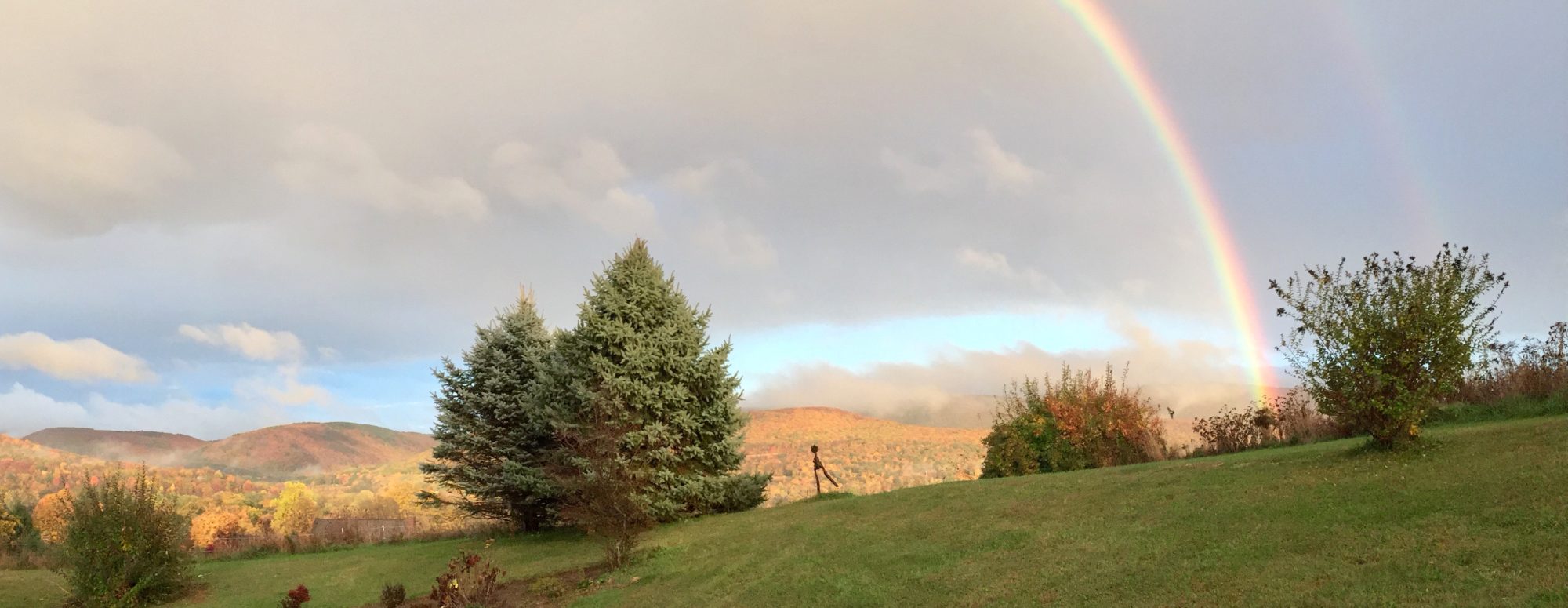
“Even a wounded world is feeding us.
Even a wounded world holds us, giving us moments of wonder and joy.
I choose joy over despair.
Not because I have my head in the sand, but because joy
Is what the earth gives me daily
and I must return the gift ~ Robin Wall Kimmerer

What is Joy? Joy is traditionally defined as a state of great delight or happiness. Searching further, we find that joy refers more to an inner feeling, and happiness is more of an outer expression. We choose joy. Joy transcends. Happiness reacts. We find joy in spite of uncertainty. Joy endures hardships and connects with meaning and purpose. Joy is a constant, internal state on a spiritual level. Happiness is an external temporary emotion. “Joy is in the heart. Happiness is in the face.”~ from compassion international.
I was recently in my flower garden about to pick some colorful zinnias for an arrangement. Little birds were chirping and sun rays were dancing in shadows. I was surrounded by bumble bees and monarch butterflies fluttering from flower to flower, taking in their luscious nectar. I let the flowers be. Instead, I remained still, savoring the moments of luminous awareness, inner peace and joy.


Joy is cultivated in these precious moments of luminosity. But today, many of us wonder how joy can be sustained.
In the Buddhist tradition, we speak of joy as Mudita. Mudita is a word from Sanskrit and Pali that interestedly, has no counterpart in English. It means joy: especially sympathetic or vicarious joy, or the pleasure that comes from delighting in other people’s well being. Mudita is a pure joy unadulterated by self interest. ~Wikipedia
Sympathetic joy is one of the Four Immeasurables. Along with loving kindness (metta), compassion, (karuna), and equanimity (upekkha), they are Buddhist practices to dissolve the illusion of separation.

We feel inner joy as we extend joy to all beings, not just the ones close to us. Mudita is a kindness towards the joy of others. Cultivating this type of joy is difficult but it is certainly possible if we practice it daily. Meditation will help. A guided practice can be found in the podcast, Buddhist guided meditation from One Mind Dharma. Here we learn to, “show up for others, appreciate their happiness and work with our own feelings of envy.” Other ways to cultivate mudita are highlighted in the article found in the reference.
We learn from the Kabbalah that inner joy and fulfillment are possible when we transform the desire to receive for ourselves alone into the desire to receive in order to share with others. Spiritual transformation takes time but as we transform we can help others transform their nature as well.
“Thou shalt love thy neighbor as thyself” ~Matthew 22:37:39.
Regardless of one’s faith, joy is present inside us all. It is a reservoir of potential that can be cultivated. Christian teachings tell us that, “Joy is a fruit of the Spirit, and when we find joy it is infused with comfort and wrapped in peace.”~Compassion in Jesus’ Name
Rabbi Jill Zimmerman teaches us how to cultivate joy in this most uncertain of times. I listened to a virtual Yom Kippur service given by the rabbi. She is the founding rabbi of Path with Heart and offers inclusive spiritual teachings.

During the holiday we practice forgiveness. We pray for self forgiveness and we beseech others to forgive us. We also reflect on the merits we have gained by our previous good deeds. It is the time to start again. Tabula rasa. But what lies ahead? Can we find joy or fulfillment in the uncertainty? We can. She reminds us of the poetry of Kahlil Gibran where he speaks about beauty in the longing. Also in the now famous words of Leonard Cohen, “There is a crack in everything, That’s how the light gets in.”

So in this “wounded” world, as we yearn for freedom, peace, justice and equality, we can let the light in. Joy is the gift the earth gives us daily. Being with the bees and butterflies is possible. Through our spiritual practices, we can find these luminous practices in our daily lives. This involves work and effort. But with faith, trust, compassion, forgiveness and love we will ultimately find joy in the moments and hours of uncertainty.
Once again, in the words of Leonard Cohen:
This world is full of conflicts and full of things that cannot be reconciled. But there are moments when we can…reconcile and embrace the whole mess, and that’s what I mean by Hallelujah.
References:
www.compassion.com: What’s the difference between joy and happiness?
learnreligions.com : Mudita: The Buddhist Practice of Sympathetic Joy – Finding Happiness in the Good Fortune of Others by Barbara O’Brien.
oneminddharma.com
Berg, Michael. (2001). The Way, Using the Wisdom of the Kabbalah for Spiritual Transformation and Fulfillment, John Wiley and Sons, Inc.
Cultivating a Path with Heart-Rabbi Jill Zimmerman


It makes me joyful just reading your words!
Beautiful!
Franny, your concept of joy is inspiring. The multi-faith interpretation, especially Buddhism, is a good reminder to “stop and smell the roses”, appreciate all that we have everyday and bestow it upon others.